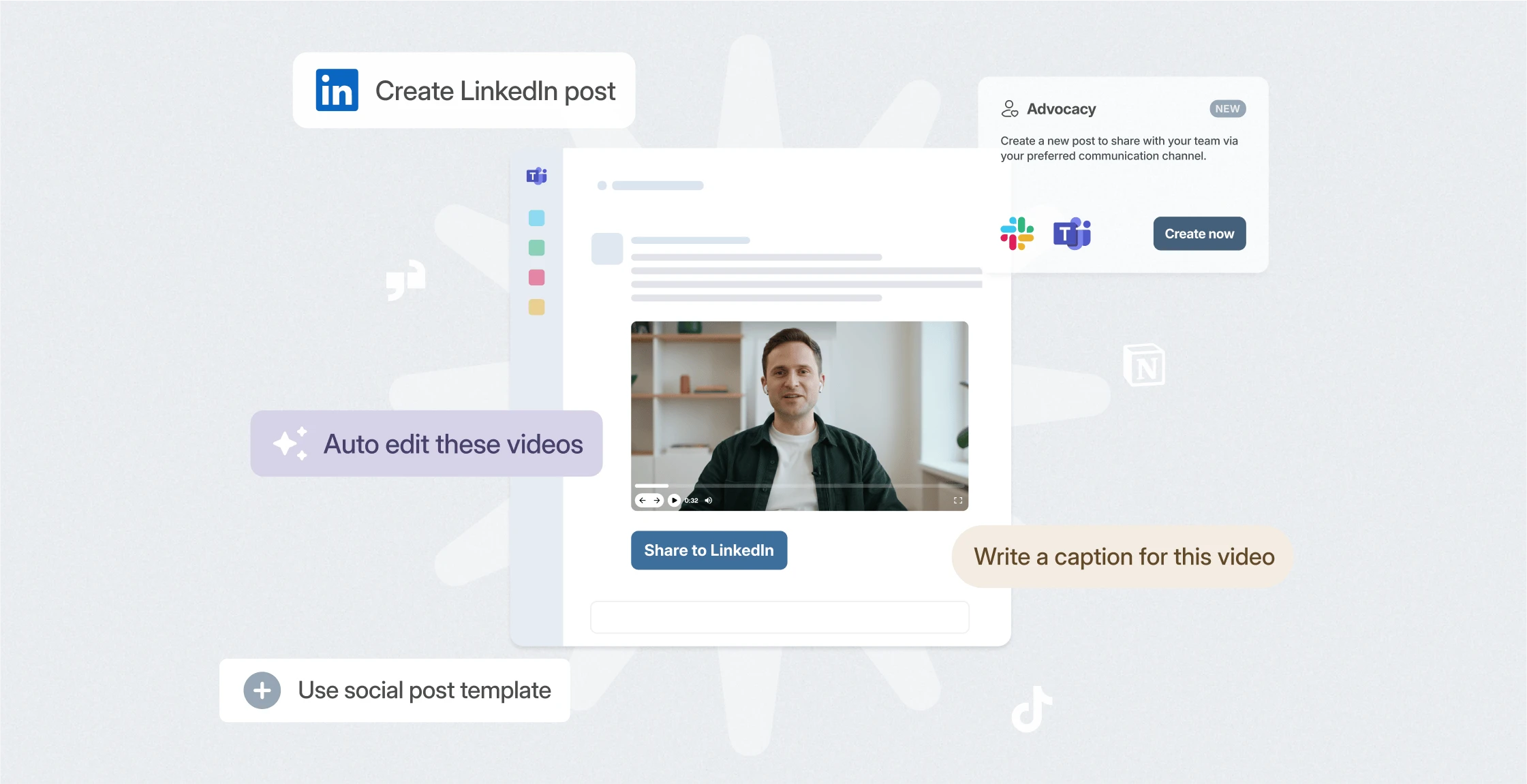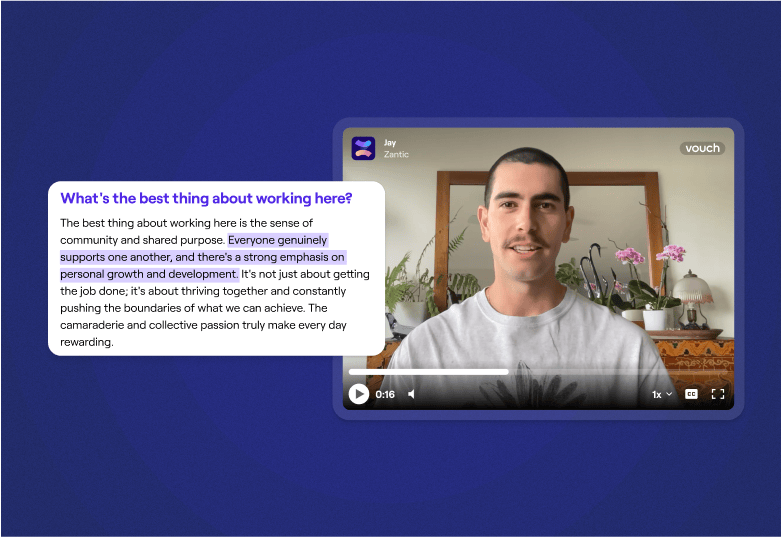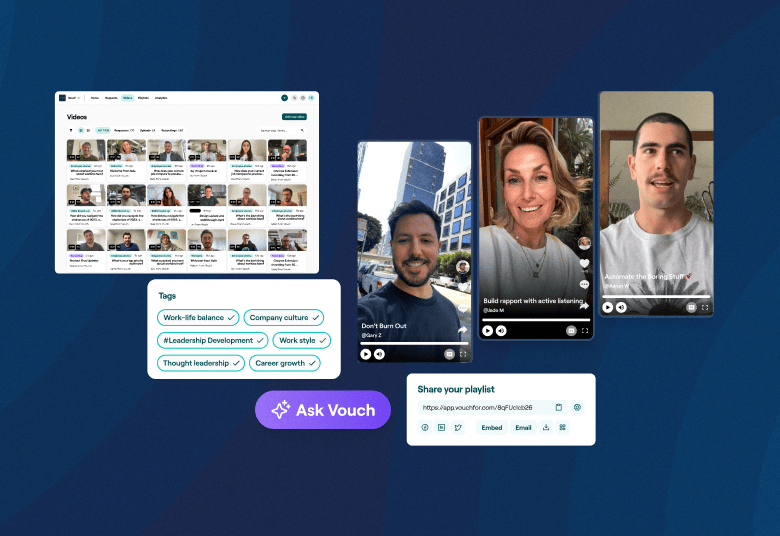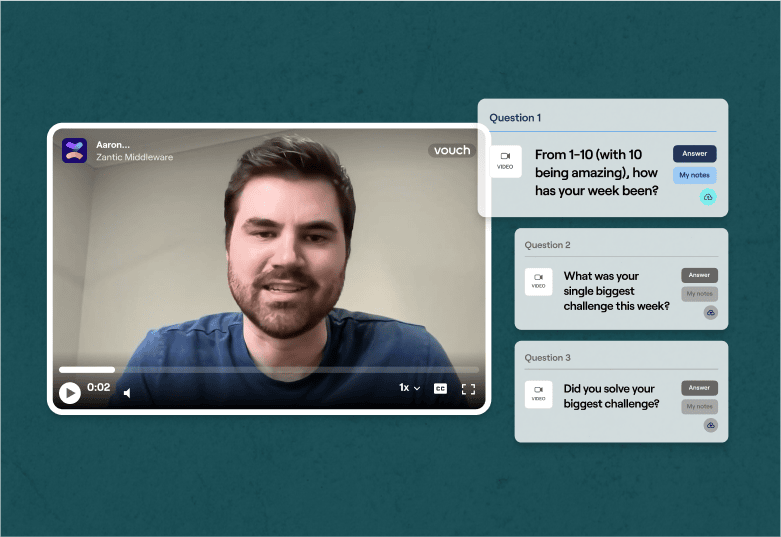What makes a leader truly effective?
Is it charisma, knowledge, management or great communication skills?
While those traits help, the secret lies in timeless principles that guide human interaction and personal growth.
Stephen R. Covey, in his influential business book The 7 Habits of Highly Effective People, outlines a blueprint for effective leadership.
This guide not only focuses on interpersonal leadership but also emphasizes the importance of personal renewal, continuous improvement, and building a culture of leadership that transforms lives.
In this article, we’ll break down the 7 habits of highly effective leadership, show how they apply to both personal and professional life, and back it all up with real-world data and examples.
Let's get started.
1. What Is the Habit of Proactivity, and Why Does It Matter?
The first habit Stephen Covey introduces in his book, is the habit of proactivity.
Proactive people take ownership of their choices and actions, focusing on what they can control within their circle of influence.
In contrast, reactive people waste energy on uncontrollable events or external circumstances, which often leads to stress and frustration.
Proactive leaders prioritize personal mission statements and act with a destination in mind.
They don’t live a life by default but instead, build a life of greatness by aligning daily actions with long-term goals.
Fact: According to a Gallup study, organizations with proactive leaders see 21% higher profitability than those without. (source)
Tips for Proactive Leadership:
- Avoid reactive language (e.g., “I can’t” or “I have to”). Instead, use positive energy by framing challenges as opportunities.
- Focus on your primary goals and not just urgent tasks that can derail your mission.
The AI-enabled workspace for talent teams.
- Unified workspace for talent teams
- Accelerate hiring with AI tools
- Auto-generate polished hiring and employer brand content
- Easily repurpose assets across all channel
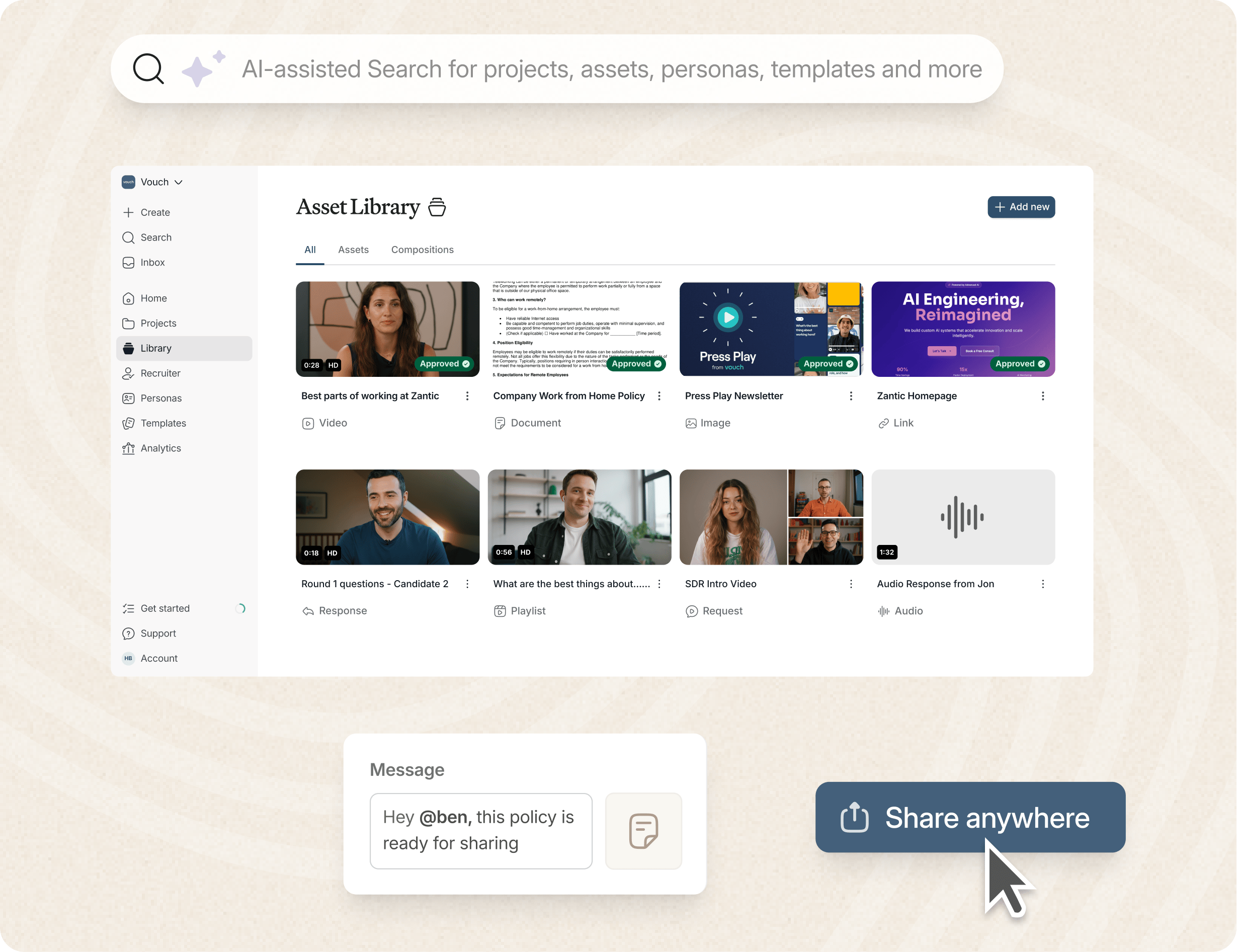
2. Why Begin with the End in Mind?
Stephen R. Covey’s second habit centres on creating a personal mission statement - a foundational principle for goal setting and alignment of resources.
By envisioning your long-term destination, you ensure that everyday actions align with your life’s purpose.
Fact: Leaders who align daily tasks with their mission statements are 47% more likely to achieve organizational success, as per the Harvard Business Review. (source)
Key Practices:
- Identify your core values and align them with your management experience.
- Use reflective listening to ensure your team understands the company’s mission and vision.
3. Why Is Time Management Everything in Leadership?
This habit emphasizes time management and prioritizing what truly matters.
Covey’s Time Management Matrix categorizes tasks into four quadrants: urgent tasks, non-urgent tasks, reactive tasks, and proactive tasks.
Effective leaders focus on what’s important but not necessarily urgent.
Fact: 87% of employees say they feel more empowered when their leaders model clear time management skills. (source)
Practical Applications:
- Dedicate time for personal growth, such as spiritual, mental, and physical renewal. These practices ensure you have the energy to tackle long-term relationships and goals.
- Avoid reactive tasks that drain mental energy and create negative energy.
4. How Can Leaders Think Win-Win?
Covey’s Habit 4, Think Win-Win, is about creating mutually beneficial solutions in every interaction.
This principle is rooted in the Abundance Mentality, which contrasts with the Scarcity Mentality that breeds competition and distrust.
Fact: Teams led by leaders who practice the win-win habit are 31% more likely to report higher job satisfaction. (source)
Examples of Win-Win Situations in Leadership:
- Negotiating contracts where both parties feel valued.
- Empowering employees to contribute ideas builds a culture of leadership and collaboration.
5. Why Is Empathic Listening Everything for Effective Leadership?
One of the most powerful interpersonal leadership tools is empathetic listening, also called active listening.
Unlike superficial interactions, this habit emphasizes understanding others’ perspectives without judgment.
Covey describes this as depositing into the Emotional Bank Account—building trust and repairing broken relationships.
Fact: Research shows that leaders practising empathic listening improve team trust by 40%. (source)
How to Practice Empathic Listening:
- Focus on understanding rather than responding.
- Address emotional concerns before diving into problem-solving.
6. What Is Synergy, and How Can It Drive Success?
The concept of synergy, or Habit 6, is about leveraging the unique strengths of a team to create results greater than the sum of individual efforts.
Covey calls this the concept of synergy, emphasizing that collaboration is the glue of life that holds teams together.
Fact: High-performing teams that embrace synergy are 20% more productive than teams that work individually. (source)
Ways to Create Team Synergy:
- Encourage diverse perspectives during decision-making.
- Use conflict as an opportunity to build stronger, interdependent relationships.
7. How Does Continuous Renewal Sustain Leadership?
The seventh habit, Sharpen the Saw, is all about continuous improvement in four dimensions: physical, spiritual, mental, and emotional renewal.
Strong leadership is rooted in balancing these areas to avoid burnout and maintain a high quality of life.
Fact: Leaders who dedicate time to continuous renewal experience a 28% increase in overall effectiveness, according to Forbes. (source)
Renewal Practices:
- Physical renewal: Regular exercise and healthy habits.
- Mental renewal: Lifelong learning and reading foundational principles like Covey’s workbook.
- Spiritual renewal: Reflecting on your life mission.
- Emotional renewal: Focusing on private victories to fuel the public victory.
FAQs
What are the 7 habits of highly effective leadership?
The habits include proactivity, beginning with the end in mind, prioritizing, thinking win-win, empathic listening, synergy, and continuous renewal.
How do proactive leaders differ from reactive ones?
Proactive leaders focus on their circle of influence, while reactive leaders are driven by external circumstances.
What is the Emotional Bank Account?
It’s a metaphor for trust in relationships. Positive interactions build trust, while negative ones deplete it.
What is the Time Management Matrix?
It’s a tool for categorizing tasks based on urgency and importance, helping leaders focus on long-term goals.
Why is a personal mission statement important?
It provides clarity and aligns actions with core values and long-term goals.
What is the Abundance Mentality?
It’s the belief that there are enough resources and opportunities for everyone to succeed, building collaboration.
How can leaders continuously improve?
By dedicating time to physical, mental, emotional, and spiritual renewal.
See Why Business Leaders Love Vouch!
Loved by leaders from companies like Canva, Nike, Cisco, HubSpot, Amazon, and more, tools like Vouch make leveraging video in your business and leadership communications remarkably easy.
Be sure to book a Vouch demo today to chat with a video content expert.
You might also like

Elevate Your Brand Today With Vouch
Discover how Vouch can accelerate talent acquisition while helping you stay on-brand.


